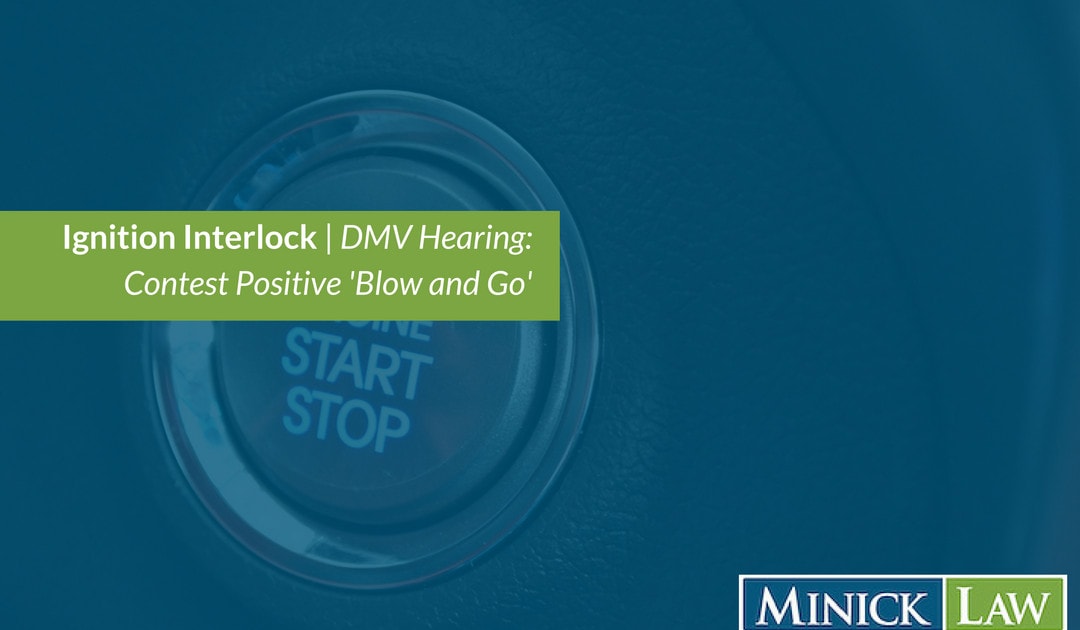Now is the time to invest in ignition interlock devices. This year the NC house and senate both introduced legislation to require Interlock devices on vehicles for first offenders as long as the breath test was over .08. Neither of the bills passed but you can guarantee they will come around again.
Current NC Law On Ignition Interlock
Currently under NC Law interlock devices are required for one year for drivers that blow over .15 during a DWI arrest, or for driver’s under conditional license restoration following various suspensions. The good side of the device is that it gives a driver a chance at restoration and a means to get to work during a suspension. The bad side is the devices are unreliable and prone to malfunction. Mouth contaminants will cause the devices to register false positives for alcohol consumption.
The providers are required to send notice of the failed tests to the DMV. The DMV will in turn issue a Notice of Suspension to the driver with an effective date on it. The suspension date is usually 10 days from the time the notice is mailed from the DMV. A hearing is allowed but has to be requested in writing and postmarked prior to the day the suspension is set to begin. If the suspension date has passed due to issues with mail delivery, contact the DMV Hearing section and request it anyway. Contact an attorney if it they still deny the hearing.
Prepare For Your DMV Hearing
Preparing for the hearing is very important, the interlock providers have all of the logs and documents. You can request the violation report and the log from the day the alleged violation took place. The providers will send you copies of the documents for a fee, they usually do not require a subpoena.
If a fail is noted by an interlock device, it will request another test as soon as the device resets. It is important to show that there was a passed test within a few minutes of the failed test. The logical inference is that the interlock device malfunctioned or was reading some type of mouth contamination and not alcohol from the bloodstream.
Other Factors To Consider Before Your DMV Hearing
Some other things to consider before the hearing are: were you alone in the vehicle, and how close were you to work or home. The hearing officer can consider whether another alcohol free person would have been available to blow in the device for you. You are allowed to bring witnesses to the hearing.
There is a lot on the line at these license hearings, if the hearing officer believes you were in violation they will suspend a conditional license or terminate a limited driving privilege. If you are in doubt, contact an attorney with experience conducting DMV hearings and do it as quickly as possible. It is important to give the DMV hearing request within 10 days.
The three interlock providers in NC are:
ALCOLOCK NC, Inc. 1-855- 664-0353
Monitech, Inc. 1-800- 521-4246
Smart Start, Inc. 1-800- 880-3394




























